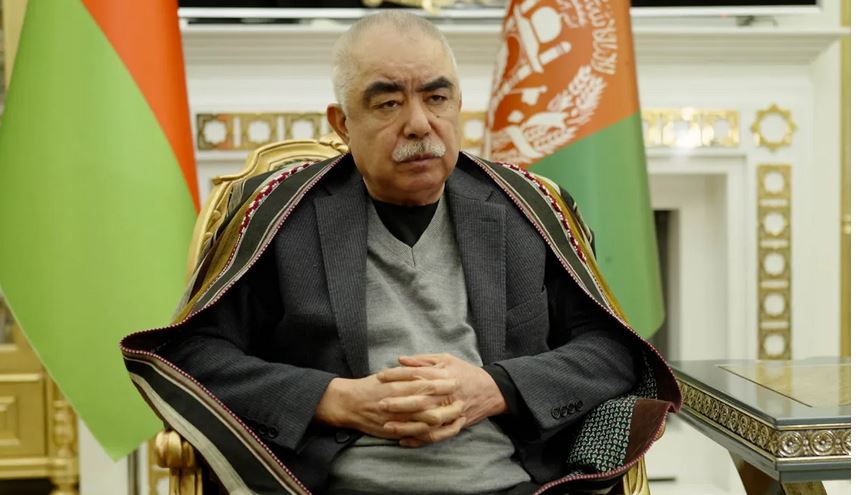Abdul Rashid Dostum is a name that looms large in the history of modern Afghanistan. A figure of both immense influence and considerable controversy, Dostum’s career spans military leadership, political power, and a tumultuous legacy. This article delves into his early life, military career, political impact, and the controversies that have marked his journey.
Early Life and Military Beginnings
Born on March 25, 1954, in the Jowzjan Province of northern Afghanistan, Abdul Rashid Dostum was raised in a region characterized by its ethnic diversity and strategic importance. His upbringing in a traditional Uzbek family laid the groundwork for his future in military and political spheres.
- Formative Years: Dostum’s early exposure to the dynamics of Afghan tribal and political life shaped his ambitions. His initial involvement in the military came in the early 1970s, where he quickly distinguished himself through his leadership skills and strategic acumen.
- Rise Through the Ranks: By the mid-1970s, Dostum had risen to prominence within the Afghan National Army, demonstrating a keen ability to navigate complex military and political landscapes.
Key Role in the Soviet-Afghan War
Dostum’s role in the Soviet-Afghan War (1979-1989) was pivotal. His leadership during this conflict made him a central figure in Afghanistan’s resistance against Soviet forces.
- Strategic Alliances: Dostum’s ability to forge alliances with various Afghan factions, including ethnic Uzbek groups and other resistance fighters, was crucial in mounting an effective opposition to the Soviet invasion. His leadership in forming the Northern Alliance, a coalition of anti-Soviet forces, was a significant factor in the resistance effort.
- Major Battles: Notable battles under Dostum’s command included the Siege of Herat and the battle for Mazar-i-Sharif. His strategic maneuvers and ability to mobilize troops played a key role in these significant victories.
Political Career and Achievements
Following the Soviet withdrawal, Dostum transitioned from a military leader to a prominent political figure. His career in politics has been marked by significant achievements as well as persistent controversies.
- Political Positions: Dostum held various important positions, including Vice President of Afghanistan. His role in the post-Soviet political landscape involved navigating the complex ethnic and tribal dynamics of Afghan politics.
- Political Alliances: His political influence was bolstered by his ability to form strategic alliances with different factions, including influential warlords and political leaders.
Controversies and Challenges
Dostum’s career has not been without its share of controversies. His leadership and political actions have been the subject of significant criticism.
- Allegations of Human Rights Abuses: Dostum has faced allegations of human rights violations, including accusations of brutality against both enemies and political rivals. These allegations have been a major factor in shaping his public image.
- Corruption and Mismanagement: His tenure in various political roles has been marred by accusations of corruption and mismanagement, contributing to a complex and often negative perception of his legacy.
Legacy and Impact
Abdul Rashid Dostum’s legacy is a complex tapestry woven from his military achievements, political influence, and the controversies that have marked his career.
- Military Influence: Dostum’s role in the Soviet-Afghan War remains a defining aspect of his legacy. His strategic leadership and contributions to the Northern Alliance are remembered as pivotal in the resistance against Soviet forces.
- Political Impact: Despite the controversies, Dostum’s influence in Afghan politics cannot be understated. His ability to navigate the turbulent political landscape and form crucial alliances has left a lasting impact on the country’s political fabric.
Abdul Rashid Dostum’s life and career reflect the intricate and often tumultuous history of Afghanistan. From his early military service and pivotal role in the Soviet-Afghan War to his controversial political career, Dostum remains a figure of significant historical impact. Understanding his multifaceted legacy provides insight into the challenges and dynamics of Afghan politics and military history.




